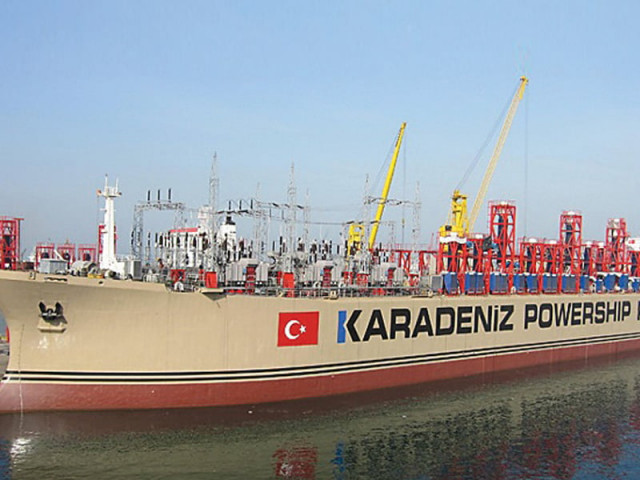RPP contract cancellation: Decision to have little or no impact on power shortfall
Govt fears for future investment in energy sector, to file review petition.

Though cancellation of rental power plant (RPP) contracts will have no impact on the country due to low power production at a higher cost, the government has decided to file a review petition in the Supreme Court.
The decision came after the Supreme Court on Friday declared RPPs as illegal and ordered them to be shut down.
Rental power plants are producing only 120 megawatts of electricity despite the fact that the government paid Rs21.8 billion in mobilisation advance with the help of bank loans taken against assets of the National Transmission and Dispatch Company (NTDC).
“The government can easily add 120 megawatts to the national grid by bailing out independent power plants (IPPs) that are operating below capacity due to the burden of circular debt,” a government official said.
RPPs were a burden on the national exchequer that produced very expensive electricity and did nothing to provide relief to the consumers who had been facing severe energy shortages for a long time, the official said.
“The government may file a review petition after consultation with legal teams,” Water and Power Minister Syed Naveed Qamar said while talking to the media after attending an energy conference here on Friday.
Qamar said the court’s decision would not have a positive impact on future investment in the power sector, adding the economy could not survive without reducing power shortfall.
However, he expected power production to increase by 600 megawatts in the next two days.
Some government quarters termed the Supreme Court’s decision historic, saying it would not only discourage corruption in the power sector but would also force the government to invest in projects like coal and hydro resources to provide a long-term solution to the energy crisis.
A rental power plant, Karkey, was producing an average of 48 megawatts against the capacity of 231 megawatts and that too at the highest rate of Rs35-50 per unit. Among other RPPs, Gulf, which had a capacity of 62 megawatts, was generating 50 megawatts and Reshma Power with 201-megawatt capacity was producing 14 megawatts.
Experts are of the view that RPPs are not a solution to the energy crisis and the government should have arranged gas supply for power plants rather than investing in rental projects.
Four power plants with a combined capacity of over 800 megawatts have been demanding gas since June 2011 but to no avail. They either remain closed or run on expensive diesel to produce electricity, the experts say.
In addition to this, they say, higher charges of rental power plants and payment of rent have contributed to the increase in electricity tariff.
Published in The Express Tribune, March 31st, 2012.



















COMMENTS
Comments are moderated and generally will be posted if they are on-topic and not abusive.
For more information, please see our Comments FAQ